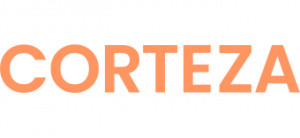One of the core features of Corteza is the powerful open-source Low Code platform. To clarify, this means that it’s a rapid development platform that allows you to create responsive business applications that run in the browser, without having to know how to write code. With the following 4 step plan you can make a fully functional record-based app for your business or organisation:
- Create a namespace
- Add modules
- Set up pages
- Insert charts










